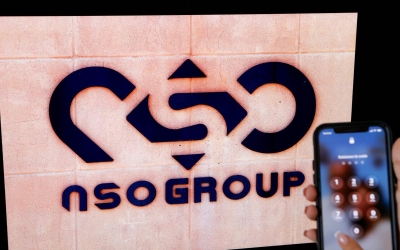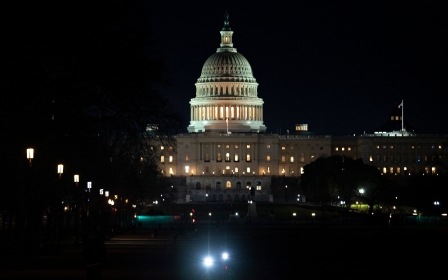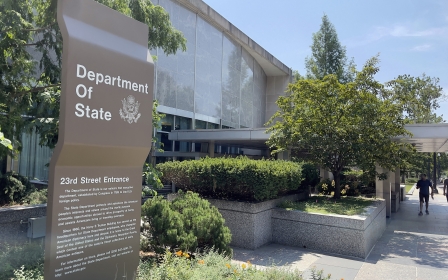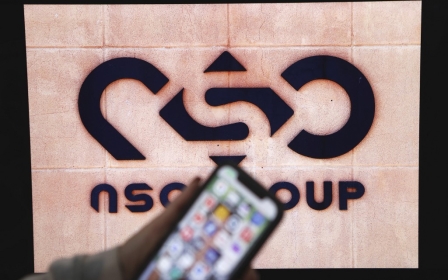US lobbyists accused of failing to disclose NSO Group's ties to Israeli government
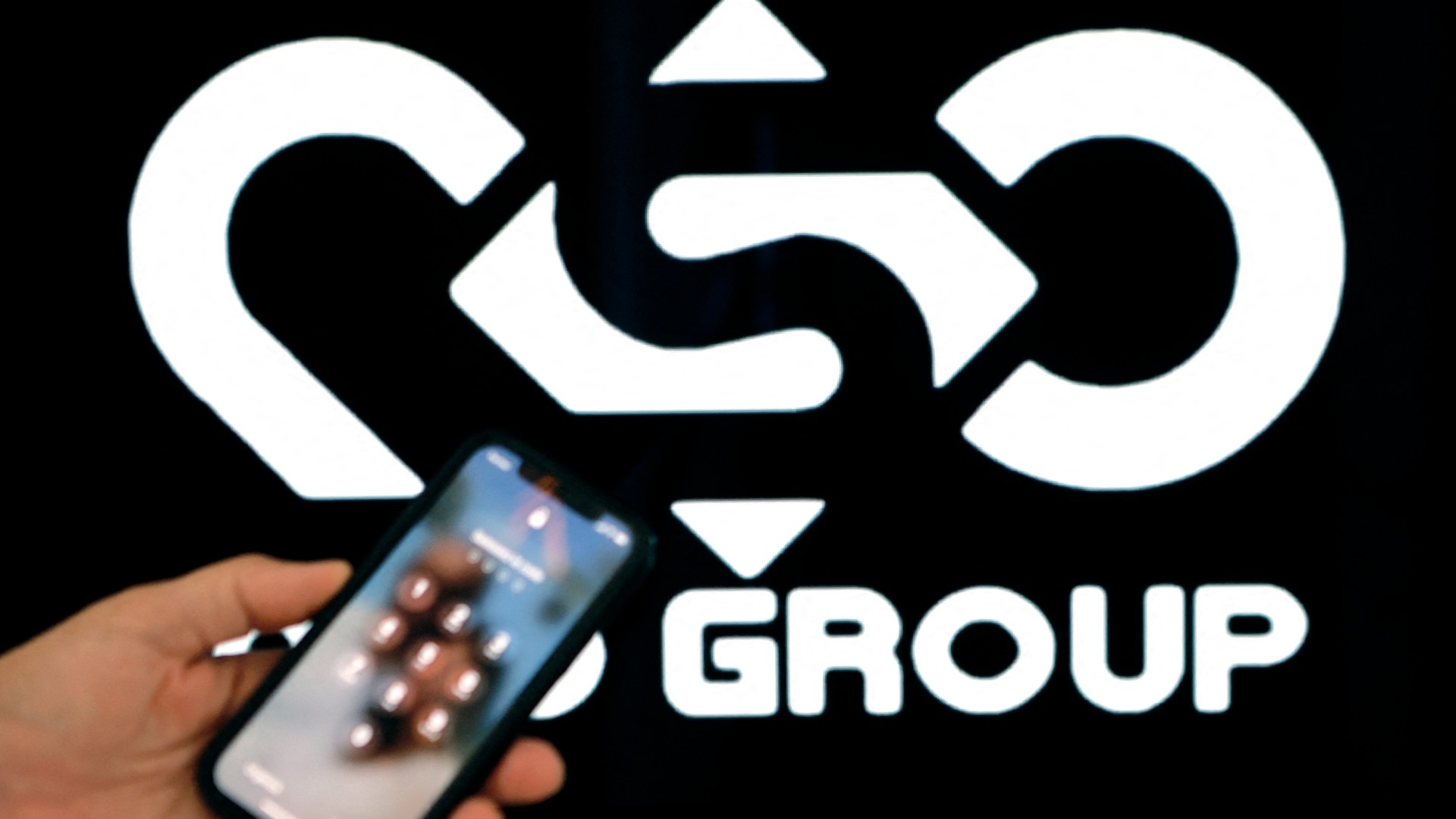
A group of US-based lobbyists representing the Israeli spyware company NSO have been violating the Foreign Agent Registration Act (Fara) by not registering the company as being under the control of the Israeli government, a prominent rights group has said.
In a letter sent to the US Department of Justice, Democracy for the Arab World Now (Dawn) called on the government to investigate the four agents representing NSO, saying that when the agents registered themselves under Fara, they stated that the company was not "supervised, owned, directed, controlled, financed, or subsidised in part" by a foreign government.
"We believe that the FARA Unit should investigate these four lobbyists and their firms and find that their presentation of false information was intentional and intended to mislead the US government, Congress, and the American public," the letter said.
Three of the lobbyists - David Tamasi, Steve Rabinowitz, and Timothy Dickinson - had filed to register for the NSO Group after it was placed on a blacklist by the US Department of Commerce last year. Another lobbyist, Brian Finch, registered prior to the listing.
"These four lobbyists are not just representing NSO Group, a company with an egregious record of enabling human rights abuses; they are in fact representing a company controlled by a foreign government, and they are misrepresenting this relationship to the US government and the American public," Adam Shapiro, Palestine-Israel advocacy director at Dawn, said in a statement.
Fara requires lobbyists to register with the Department of Justice when taking on foreign principals as clients.
If the client is a company, then the lobbyists must indicate whether a foreign government exerts any form of control over it, which includes "the possession or the exercise of the power, directly or indirectly, to determine the policies or the activities of a person, whether through the ownership of voting rights, by contract, or otherwise".
In reports from the New York Times, senior Israeli officials have said the Israeli government considered the software a crucial component of its foreign policy and that if the US accused it of acting against Washington's interests, then it was implicitly accusing Israel of doing the same.
The NSO Group also claims, in a lawsuit filed against the company by WhatsApp, that it should be given foreign sovereign immunity. In the legal battle, the company argues that countries "rely on private contractors to conduct or support core governmental activities".
"If such contractors can never seek immunity ... then the United States and other countries may soon find their military and intelligence operations disrupted by lawsuits against their agents."
None of the four agents responded to Middle East Eye's request for comment. If a US government investigation confirms the complaints registered by the rights group, each lobbyist could face up to five years in prison and fines of $250,000.
Glossing over NSO's rights abuses
NSO sparked international outrage after a series of investigations in 2021, under the coordination of Forbidden Stories, showed how Pegasus, the Israeli company's flagship product, was used by governments to spy on activists, journalists and political dissidents.
Governments such as Saudi Arabia, Morocco, Bahrain and the United Arab Emirates have been accused of using the spyware. The phone of MEE's Turkey Bureau chief, Ragip Soylu, was hacked using the spyware.
Dawn's investigation into the lobbyists found that in addition to allegedly misrepresenting the relationship between NSO and the Israeli government, they provided "misleading information" to Congress and US government officials by not disclosing the sales of the Pegasus software to foreign governments.
At the same time, the lobbyists produced documents that praised the NSO Group's human rights record and standards of due diligence.
"These lobbyists highlighted NSO Group's claims in their public relations work of how the company's technologies—including Pegasus—helped to fight crime and break up trafficking rings, but omitted evidence about how it sold the same technologies to target human rights defenders, journalists, lawyers, dissidents, and political figures despite mounds of reporting," Shapiro said.
Several US lawmakers have made attempts to introduce stricter laws on foreign lobbying and rein in foreign influence campaigns in Washington. There is growing concern on Capitol Hill that institutions in Washington, both in the government and civil society, remain susceptible to foreign interference.
Last month, a group of bipartisan lawmakers introduced a bill that would impose a lifetime ban on members of Congress, senior military leaders and senior executive branch officials from lobbying for a foreign government or political party.
It would also require tax-exempt groups to disclose large monetary donations and gifts from foreign powers and would mandate political campaigns to verify that donors have a valid US address, using the three-digit security code on the back of credit cards.
Middle East Eye delivers independent and unrivalled coverage and analysis of the Middle East, North Africa and beyond. To learn more about republishing this content and the associated fees, please fill out this form. More about MEE can be found here.


